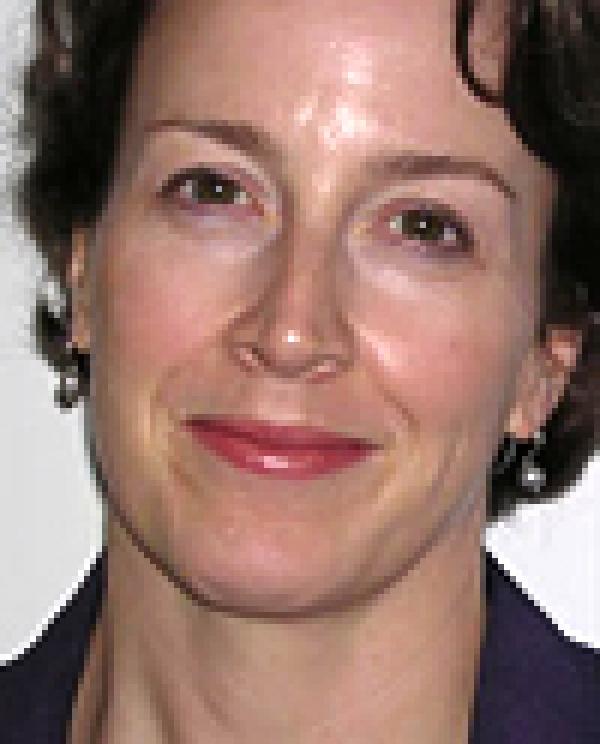Jacquelyn Pope

Bio
Jacquelyn Pope is a poet and translator living in Oak Park, Illinois. Her first collection of poems, Watermark, is published by Marsh Hawk Press. Her poems, essays, and translations from Dutch and Afrikaans have appeared online and in journals in the United States and Europe, including Poetry, PN Review, Asymptote, FIELD, Salamander, and The Common. She is the recipient of a 2012 PEN/Heim Translation Fund grant and awards from the Poetry Society of America, the Academy of American Poets, and the Massachusetts Cultural Council. Many years in the book trade led her to the Netherlands, where she encountered Dutch literature and began a long engagement with translation.
Translator's Statement
I began translating when I lived in The Netherlands, working mostly for universities and non-profit organizations. When I moved back to the U.S., I tried translating some Dutch poetry, mostly as a way to keep myself thinking in a language I had worked hard to acquire and no longer had much opportunity to use. Since many of the poets whose work I love I know only in the English of their translators, the value of translation as a cultural exchange and as an art in itself is quite apparent to me, and I am pleased that interest in translation is flourishing.
I received a book of Hester Knibbe's poems years ago as a gift from a friend and, having read it, kept trying to track down more. Her work is full of shifts and turns, and the unsettled, sometimes disoriented sense it evokes is one of the reasons I kept trying to translate it. In certain ways, that disorientation mirrors the process of translation.
It is a great honor to have the support of the National Endowment for the Arts. It has given me an amazing degree of encouragement, and I am deeply grateful for the recognition and the opportunity it provides.
"Light-years" by Hester Knibbe
[translated from the Dutch]
It's a beautiful world, you said,
with these trees, marshes, deserts,
grasses, rivers and seas
and so on. And the moon is really something
in its circuits
of relative radiance. Include
the wingèd M, voluptuous
Venus, hotheaded Mars, that lucky devil
J and cranky Saturn, of course, plus
U and N and the wanderer P, in short
the whole solar family, complete with its
Milky Way, and count up all the other
systems with dots and spots and in
that endless emptiness what you've got
is a commotion of you-know-what. It's a beautiful
universe, you said, just take a good look
through the desert's dark glasses
for instance or on your back
in seas of grass, take a good look
at the deluge of that Rorschach—we're standing out there
somewhere, together.
About Hester Knibbe
Hester Knibbe (1946) lives in Rotterdam. Her first collection of poems was published in 1982, and she has gone on to publish fourteen more collections. She has received numerous national awards, including the Herman Gorter Prize, the Anna Blaman Prize, and the A. Roland Holst prize. Knibbe's work often draws from ancient European sites and myths, displacing them to get at the instability of life and the loss inherent in its transience. The past, the present, dreaming and waking states, life and death, presence and absence: these are always in flux, reckoned with in ways that surprise, and often provide a clear-eyed kind of solace.

